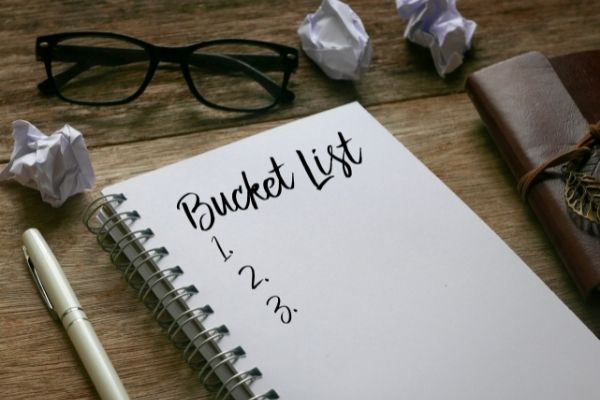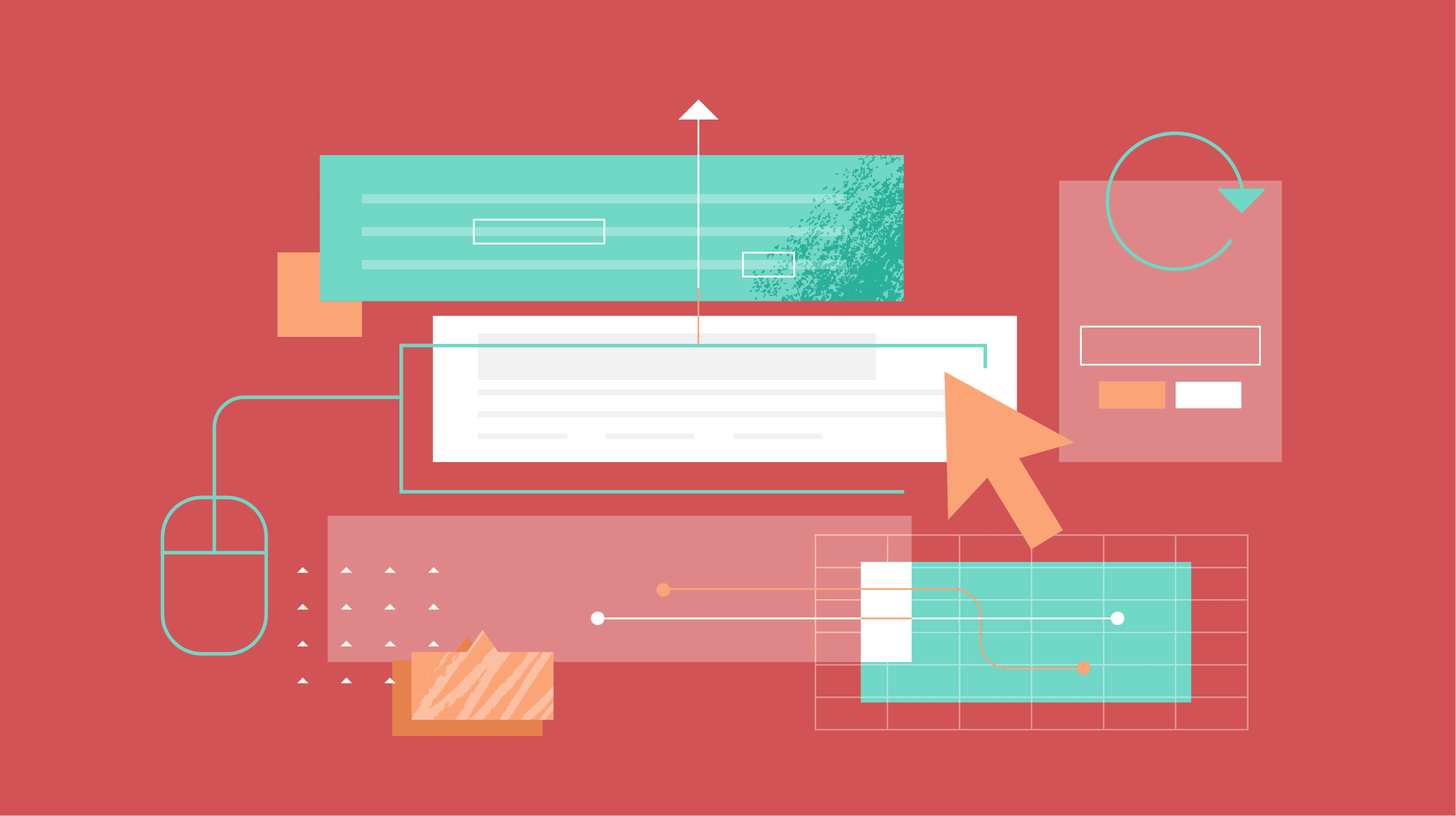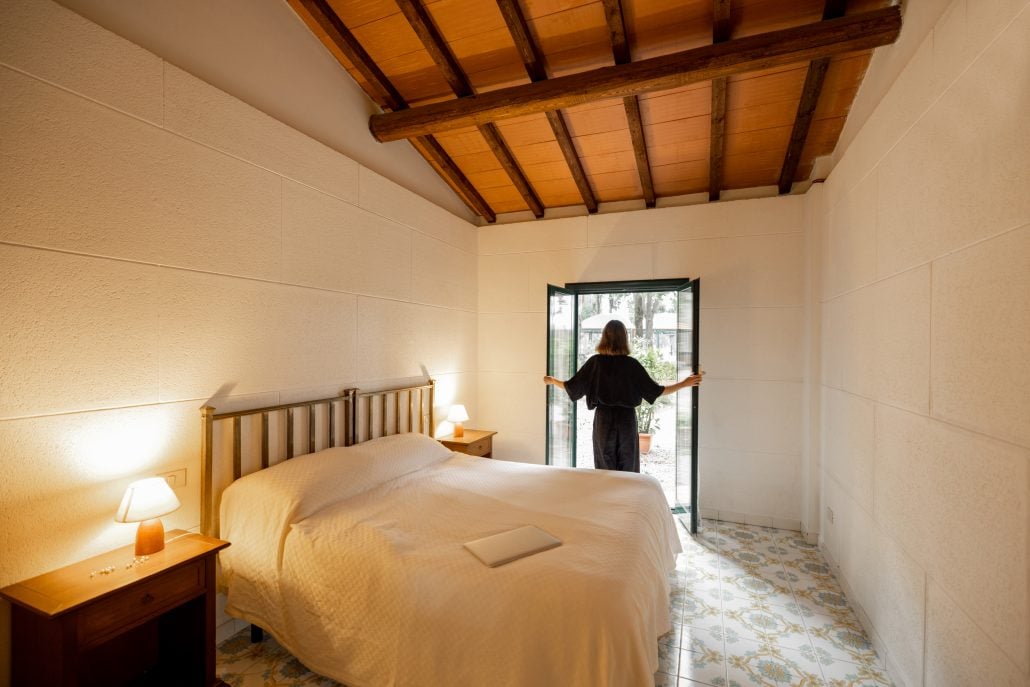Build Your "Brain Bank" Now To Prevent Cognitive Decline In Your 70 Or 80s
Keep your memory intact.

Advertisement
This ad is displayed using third party content and we do not control its accessibility features.

Registered Dietitian Nutritionist
Registered Dietitian Nutritionist
Molly Knudsen, M.S., RDN is a Registered Dietician Nutritionist with a bachelor’s degree in nutrition from Texas Christian University and a master’s in nutrition interventions, communication, and behavior change from Tufts University. She lives in Newport Beach, California, and enjoys connecting people to the food they eat and how it influences health and wellbeing.
Image by Lumina / Stocksy November 27, 2024 Cognitive decline and even just normal brain changes associated with aging threaten to impact our memories and way of thinking—two things we very much want to hold on to as long as possible. But some people are more resilient to signs of memory loss than others, even when there's physiologic evidence of memory loss. These are the folks that have built up their cognitive reserves. 
What are cognitive reserves?
"In simple terms, cognitive reserve is the brain's ability to improvise and find alternate ways of getting a job done," says integrative neurologist Romie Mushtaq, M.D., ABIHM.
The brain is quite adaptable, and there's no one path to the finish line of remembering a story or staying on task. Autopsy studies in the 1980s started to show that there were people who had structural brain changes consistent with dementia1, but they had no actual symptoms in real life. “It was found they had cognitive reserves or a well-developed brain bank,” says Mushtaq.
In a sense, when dementia started to rob one part of the brain, the organ had enough cash on hand to not let that loss derail its function.
Since the 1980s, “Research has shown that people with greater cognitive reserves are better able to stave off symptoms of degenerative brain changes or neuroinflammation associated with dementia or other brain diseases2, such as Parkinson's disease, multiple sclerosis, or a stroke,” asserts Mushtaq.
As neurological conditions like this are the leading cause of illness and disability3 worldwide, building a robust brain bank may have a profound impact on your quality of life as you age.
Is it too late to build a brain bank?
According to Mushtaq, a brain bank is really built over a lifetime of education and curiosity—beginning in childhood4.
But Mushtaq assures us that it's never too late to continue to build cognitive reserves throughout your adult life.
How to build your cognitive reserves
Research on cognitive reserves is still very much evolving. Interest is only increasing as dementia cases are expected to triple5 by 2050.
The first two recommendations on this list are the ones specifically tied to cognitive reserve research whereas the last two are general lifestyle recommendations to help maintain brain function:
The takeaway
Building up your cognitive reserves is one way to help protect yourself from the overt signs of memory loss, cognitive decline, or dementia.
While a lot of these reserves are established during childhood, we can help reinforce them with enriching experiences and stimulating activities throughout adulthood. And of course practicing brain-healthy habits (like eating well, exercising, and supplementing smartly) can also help protect your memory as you age.

 Kass
Kass 




















.jpg&h=630&w=1200&q=100&v=6e07dc5773&c=1)











